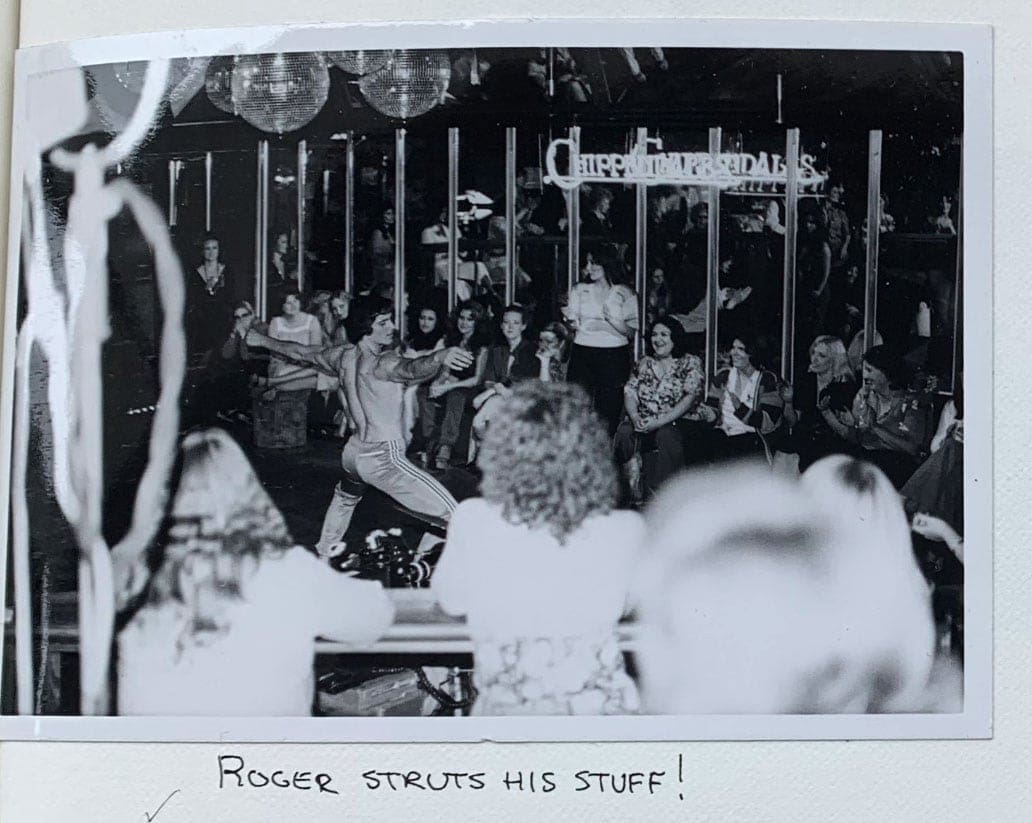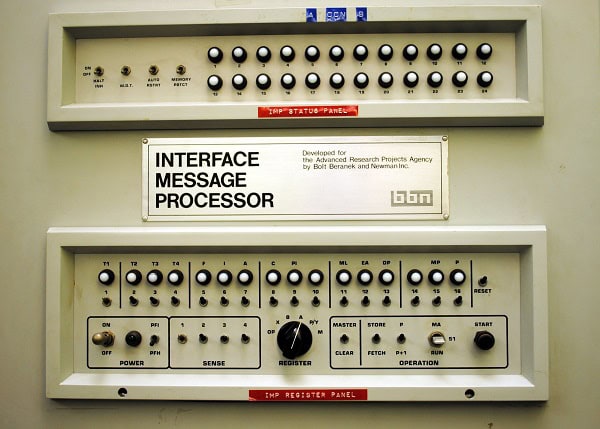At the AHA annual meeting in Atlanta, H-Net: Humanities OnLine unveiled the H-Net OnLine Teaching Resources Archive. The archive can be accessed both through gopher and the World Wide Web (point your gopher or Web browser to H-NET.MSU.EDU). The H-Net teaching archive is an ongoing project that will continue to grow, adding both breadth and depth, over time.
The archive, which is directed by H-Teach editors Sara Tucker (Washburn Univ.), Bob Wheeler (Cleveland State Univ.), and Mark Kornbluh (Michigan State Univ.), benefits from contributions from and connections to H-Net’s many subject-specific history and associated humanities and social science discussion lists. The primary focus of the resource archive is on university-level history teaching. A breadth of material is available, not only for those teaching entry-level survey courses, but also for teachers of upper-division topical and graduate courses. Like H-Net’s lists, the archive is interdisciplinary in intent and execution. H-Net is endeavoring to break down artificial boundaries to teaching resources, and an area studies approach is particularly well represented. Moreover, as part of H-Net’s efforts to increase communication between secondary school teachers and university faculty, the archive will include areas specially designed for high school teachers.
The intent of the H-Net archive is to offer a central Internet entry point to information and discussion about the many issues and products of concern to all those involved in teaching. In line with its Internet origins, the archive includes connections to and lists of useful Internet sites, from which to download still images, sound and motion files, and documents. Equally important, the archive provides abundant information about both textual and multimedia products. It contains up-to-date lists of commercial text and multimedia providers, their offerings, and information about how to contact them (often including e-mail addresses or URL codes). Teaching-related conferences and calls for papers are listed and updated regularly.
The archive features professional electronic reviews of teaching resources. Some textbook and multimedia product reviews have already been commissioned and are available; many more are in the pipeline. As part of the H-Net Review Project, these contain the innovative feature of author responses to reviewer comments. Such reviews, responses, and subsequent discussion of major textbooks are of great value both in helping teachers select which texts to assign and in identifying the best ways to use individual texts. Over the next few years, as part of the National Endowment for the Humanities-funded project, “Creating the History Classroom of the 21st Century,” H-Net will build a comprehensive library of reviews and evaluations of multimedia products and sites.
Other parts of the archive build upon the great volume of professional discussions and reviews carried out across H-Net’s many lists over the past few years. For instance, the archive offers syllabi collections! grading checklists, and “how-to” handouts on writing papers, exams, and class notes all contributed by H-Net list members. Separate headings assemble list contributors’ discussions of favorite teaching novels and class videos, as well as posts compiled from dozens of discussion “threads” about questions of class attendance, essay versus take-home versus objective exams, student behavior, graduate education, “freeway flyer jobs,” and the like.
Overtime, the archive will grow to encompass fair-use slide and document collections for use in the classroom, as well as links to other such collections throughout the internet. Other H-Net sponsored and affiliated projects to scan original sources and build “courseware”in specific areas will contribute rich material for classroom use.
The H-Net Teaching Resources Archive is a cooperative venture. Funded by the National Endowment for the Humanities and Michigan State University, it is dependent not only on the voluntary labor of H-Net’s editors, but, most important, on the substantive contributions of thousands of H-Net subscribers. The archive is eager to collect syllabi and other teaching-related material from university teachers worldwide and make them freely available over the Internet. For more information, please send an e-mail message to archive@h-net.msu.edu, or write to H-Net Teaching Archive, c/o Dept. of History, Michigan State University, 301 Morrill Hall, East Lansing, MI 48864.


